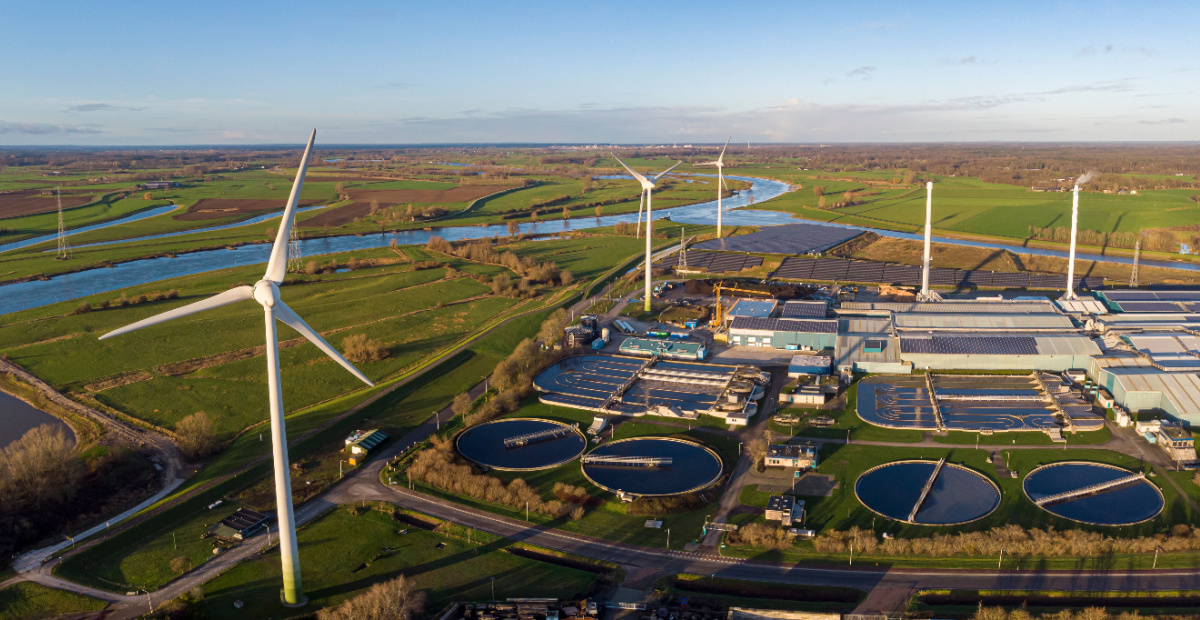Out of the alts & into the mainstream: Why infrastructure investments can stand alone

Infrastructure is emerging as a “cornerstone” of investors’ portfolios, according to IFM Investors, with global fund manager calling on investment firms to decouple infrastructure from alternatives bucket and for investors to capitalise on the emerging low-carbon energy transition.
With inflows surging and opportunities from the climate transition rapidly emerging, IFM believes infrastructure has hit a convergence point.
“The time has come to consider infrastructure as equally vital to performance as the more traditional asset classes”.
Releasing its Infrastructure Outlook 2024 report today, IFM argues that infrastructure has firmly established itself as a standalone asset class, showing “continued strength through macroeconomic challenges and low correlation to other asset classes”.
Global investors, particularly in the UK, US, Europe and Asia, have been advised “to carve out infrastructure from alternative allocations and establish it as a foundational asset class to maximise its diversification benefits and risk-adjusted returns”.
Australia, led by the super fund sector, has been widely credited as the first to transform infrastructure into an investment asset class in the 1990s.
Now firmly established as a mature investment offering, infrastructure investors, IFM said, are today gaining the benefits of a resilient and consistently returning asset class.
“During recent global economic volatility, infrastructure returns have demonstrated resilience,” IFM wrote in its report. “Infrastructure returns have continued to demonstrate resilience over the past two years, with unlisted infrastructure exhibiting heightened resilience compared to other asset classes.”
This does not mean that infrastructure remains in stasis. Real assets, such as airports, ports and toll roads, have long been the mainstay of infrastructure portfolios. However, IFM said it also sees a future broadening of the asset class and associated returns profile to include adjacent businesses such as water treatment or intermodal facilities.
Simultaneously, IFM wrote, infrastructure debt investors are redefining their offerings and finding pockets of value in scaling up climate technologies.
There also remain unrealised growth opportunities. According to IFM, globally, private pension funds remain underinvested in infrastructure relative to their targets, signalling a significant wave of potential new investment to come.
Green shoots for infrastructure investors
IFM predicts a flood of opportunities for infrastructure investors based on several key trends, most of which are tied to the clean energy transition.
The pension fund-backed investment firm, which is signatory to The UN-supported Principles for Responsible Investment and has committed to significantly reducing the carbon impact of its investments, no doubt has skin in the game here.
Firstly, IFM sees opportunities to capitalise on US policy changes centred on the clean energy transition, “opening doors for pension capital investment opportunities in climate projects”.
“The Inflation Reduction Act presents opportunities for a range of green projects through tax credit transferability, benefits for startups and long-term investment opportunities for pension funds, with other countries and regions following suit.”
Secondly, IFM notes opportunities in growth credit financing to support the “scaling up [of] proven climate-related technologies”.
“With equity financing facing economic headwinds, there is an opportunity for debt capital to provide a non-dilutive and attractive funding alternative.”
Thirdly, returns can and should be realised through the decarbonisation and climate-proofing of assets.
“Infrastructure investors can play an important role in reducing emissions by working with the operators of heavy-emitting assets to transition the assets and support sector-wide decarbonisation.”
It added: “Capital spending on decarbonising infrastructure should also be complemented with an equally crucial investment in future-proofing assets against the potential impacts of climate change.”
Lastly, IFM feels investors can also take advantage of improvements in customer experiences.
“With investment horizons spanning decades, infrastructure asset managers are leveraging data and new technologies to drive value for customers and investors now and over the long term.”












Just wind them up please so the rest of the financial planning industry can move forward without an albatross around…
Compare the pair.
I have clients who have been told to produce evidence they are with cbus or else they can't work on…
Unionist were appointed to the Reserve Bank Board as some sort of pay off. You missed where the Wayne Swan…
It concerns me that only months ago the Government was considering giving Union based Industry Funds the power to advise…